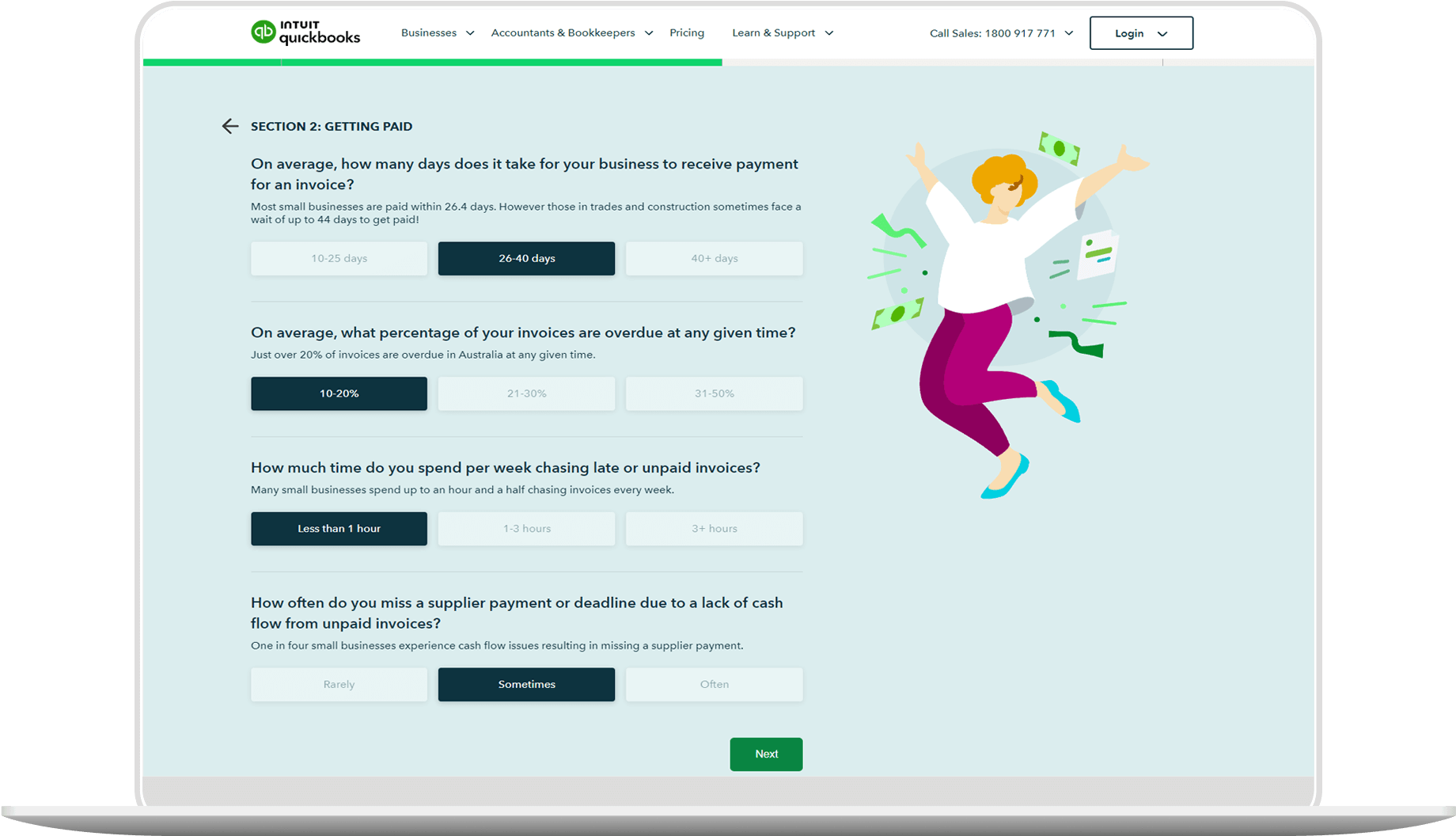When it comes to negotiating the terms of a new project, it’s important to know when to use estimates, quotes, bids, or proposals. Each one carries a different meaning that can be interpreted in several ways.
Understanding the difference between a quote, estimate, bid and proposal will allow you to clearly state how you would like to proceed, paving the way for a better working relationship.



















